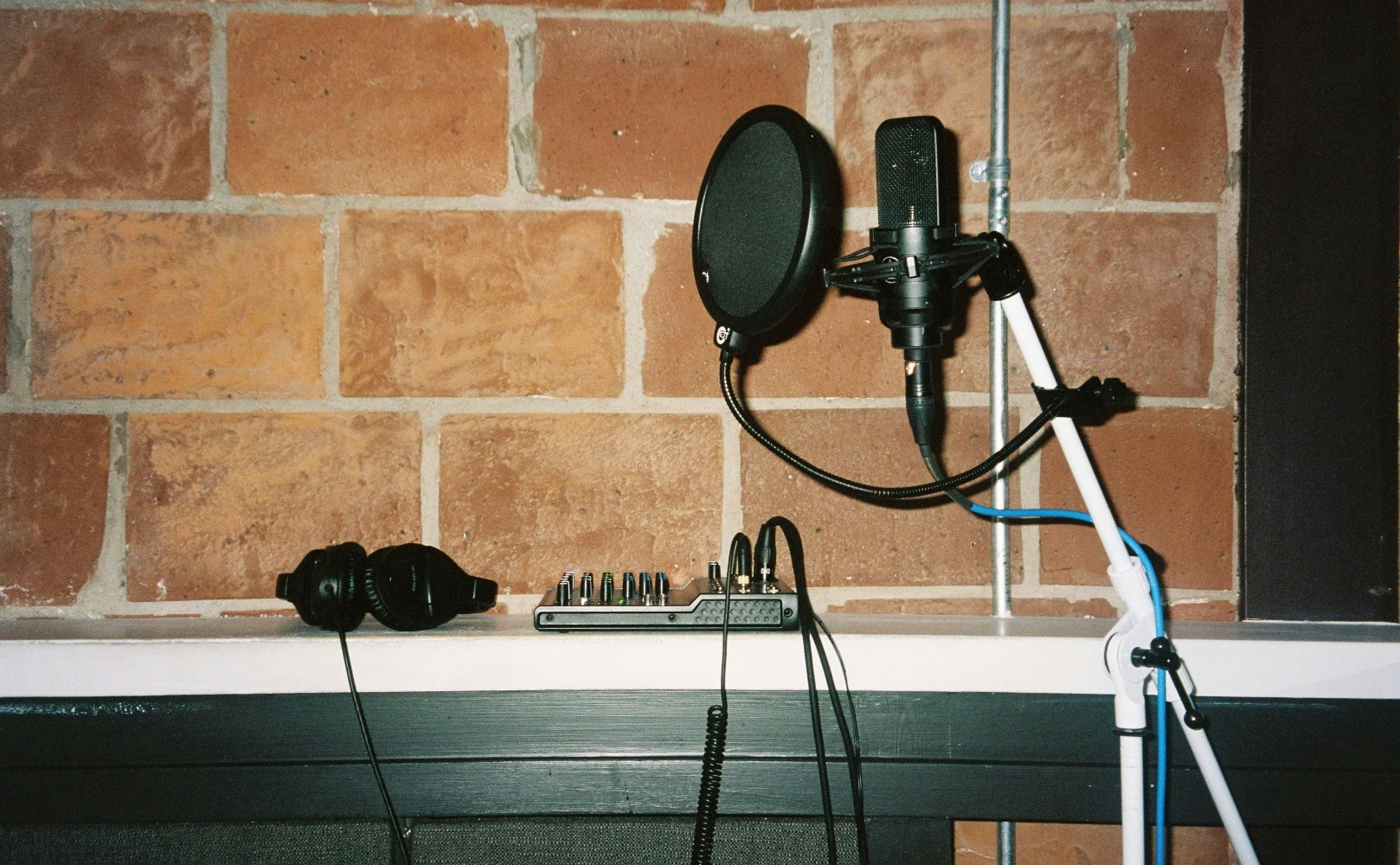
■ Features
Thinking about a career in music production but unsure what type of music producer you want to be? We’ve broken down the different skills and equipment required for different roles.
People get into music production for all sorts of reasons, some aspiring producers are trying to be like their favourite artist, or some just want to make a name for themselves in the music industry. However, the term ‘producer’ in music is very general and could refer to anything from a mastering engineer to a soundtrack producer.
Below, we take a look at the most popular types of music producers: electronic music producers, executive producers, mixing engineers, mastering engineers, soundtrack producers and DJ/producers. As you’ll see, each has their own specialties and skills. Some specialise in one area of production while others have broad knowledge of all aspects of creating music.
In the end, you might decide that you want to learn more than one type of music production and wear multiple hats in the studio, or you might decide you want to specialise in mixing or making beats. Either way, the following guide should help you better understand your musical goals.
Some music producers mainly focus on the technical side of producing, their day-to-day work might include writing and creating music by mixing sounds and recordings. Other types of music producer — like executive producers — focus more on the business side of producing music. The type of music producer you want to be is up to you, but it’s worth having an understanding of the various roles before diving in.
The electronic music producer is the most common type of music producer. This type of producer works with software and equipment to create beats, loops and other audio in order to produce songs. These producers can make use of samples from existing tracks or create their own sounds from scratch.
An executive producer is responsible for overseeing all aspects of a project, from hiring the right team to making sure budgets are met. This person often has little to no experience in the studio or as an artist themselves. Executive producers usually have management experience or have worked on several successful projects before taking on this role. They also may have connections at major labels or publishing companies that can help them get their songs placed with big-name artists.
A mixing engineer is someone who works in a recording studio to get the best sound quality out of each instrument or voice on a track. They may also be called upon for mixing duties later on in the process. The sound engineer has many responsibilities including setting up microphones, choosing recording techniques, editing audio tracks and mixing them together.
A DJ/producer is someone who performs two roles: they create and perform their own music, and they also play other people’s tracks in a live setting. They may also be vocalists on some or all of their songs. The DJ/producer is responsible for choosing which record to play next, adjusting the sound and effects of each track, and ensuring that everything runs smoothly during their set.
Mastering engineers take recorded songs and prepare them for distribution by adding effects such as compression and equalisation to enhance their overall sound quality. They also adjust volume levels so songs will sound consistent when played back on different systems (such as home stereos versus car stereos).
Soundtrack producers create music for films and television shows. This requires them to have an understanding of film editing techniques, so they can make sure their songs fit within scenes without distracting viewers from what's going on in front of them. They also need to understand how to write music that will fit within a certain genre or mood (for example, romantic comedy).
A good producer understands the needs of his or her client and helps guide them in the right direction. A great producer will also be able to take an artist's vision and help them bring it to life with their own skills and expertise.
Both technical producers and artist producers need to have excellent communication skills. Making music is one of the most collaborative practices out there, and as a producer you're at the centre of it.
With working in the music industry comes deadlines, and sometimes they'll be tight deadlines. If you want to collaborate with the best in the business, you need to be able to deliver on time.
Time management, for music producers is vital, especially if you're working on multiple projects at once.
Being computer savvy is one of the key responsibilities of a music producer.
There is no official qualification required to work as a music producer in the UK, but many people choose to take courses at music schools or universities in order to gain some formal training in this area. For example, there are several bachelor's degree courses available at universities across the country that focus on music production and engineering; these courses typically last three years and include modules such as sound design, recording techniques and digital audio processing.
The average music producer salary is $53,000 per year according to PayScale.com. But there are many different types of music producers who can make anywhere from $30,000 per year up to millions of dollars per year.
Whatever kind of music producer you are, it's worth having a good working understanding of a typical music production setup. This will vary genre-to-genre and depending on the type of producer you are. But a basic list of music production equipment for beginners learning how to produce music will generally include:
Most producers work in the digital realm, using computer-based software like Ableton Live or FL Studio to create beats and melodies.
A Digital Audio Workstation, or DAW, is a program that allows you to record audio, edit it and then mix it together. Popular options include Logic Pro X (Mac only), Ableton Live, FL Studio (Windows/Mac) and Pro Tools (Windows/Mac).
MIDI keyboards allow you to control virtual instruments inside your DAW by pressing buttons on the keyboard itself instead of clicking around in menus with your mouse. You can also use them for live performances as well.
This lets you record audio into your computer through various inputs including microphones and instruments. Look for something with high quality preamps and enough inputs to support all the mics you plan on using at once.
The first thing that you need is a recording device. This can be anything from a digital recorder (which records onto an SD card), up to a multi-track audio interface with multiple inputs for instruments and microphones. If your budget is tight, then we would recommend looking at the Zoom H4N or Tascam DR-40 as they are both great value for money, easy to use and have built-in microphones.

There are different qualities and characteristics that you should have before you decide to become a music producer. This is especially true if you aim to match the works of superstar artist producers like Dr. Dre, Pharrell Williams, Timbaland, Gwen Stefani, Pitbull and more. Take note that these renown music producers made it based on the quality of their work, talent and reputation. By being one yourself, you will have enormous opportunities to be heard locally or even internationally in the industry. You will also be paid well for your music compositions, thus paving your way towards the fast pace life of a popular producer.
To get started learning how to produce music, without buying all of the music production equipment listed above, book an affordable professional recording studio in the UK, US or Germany with Pirate.
